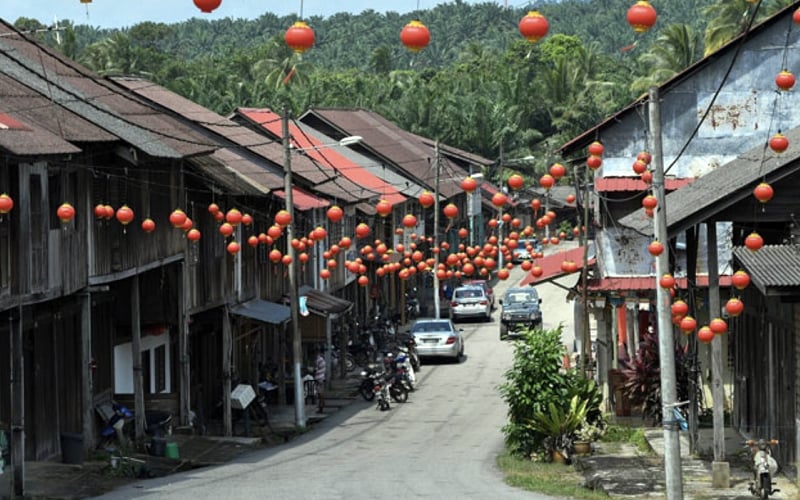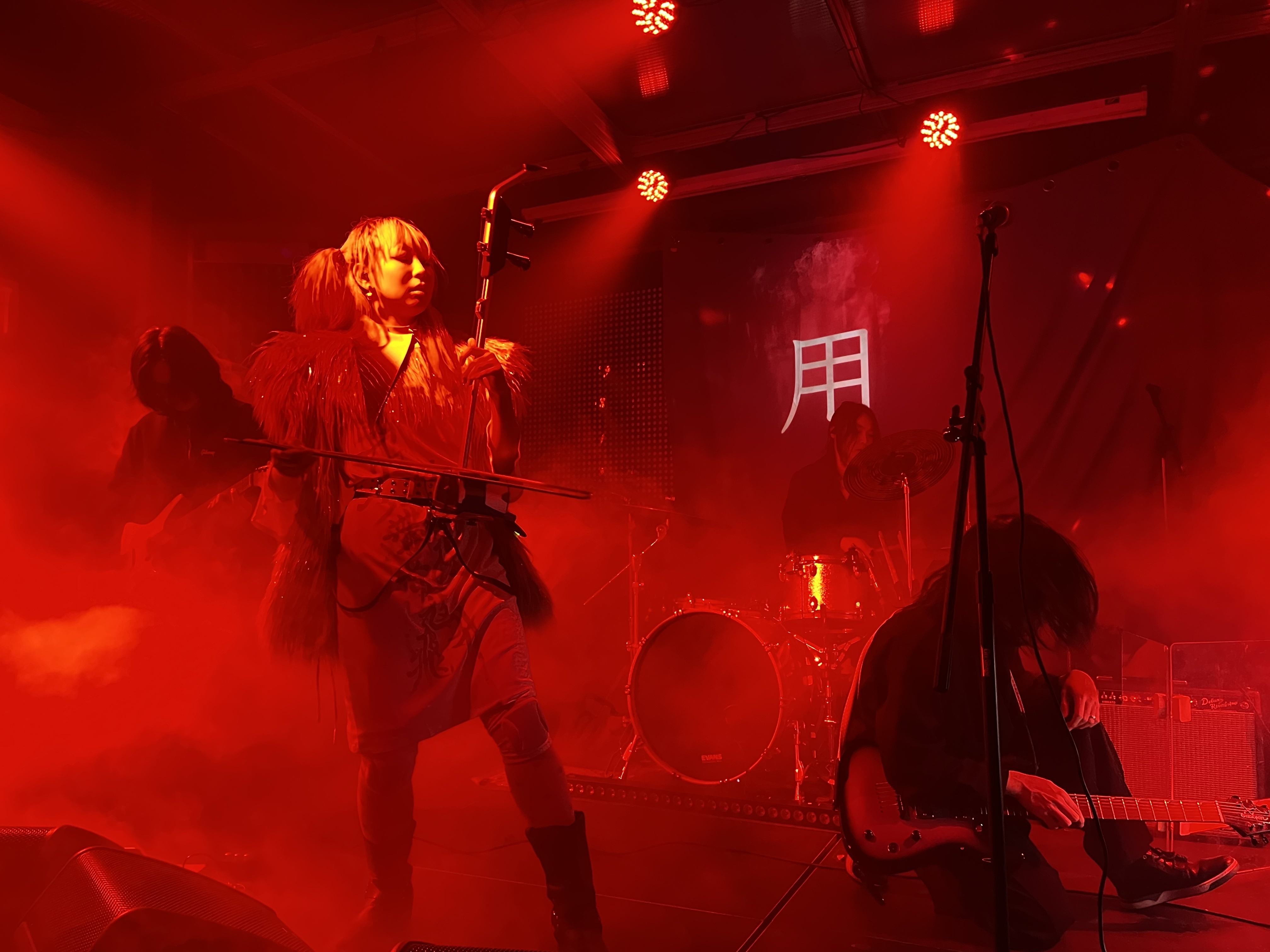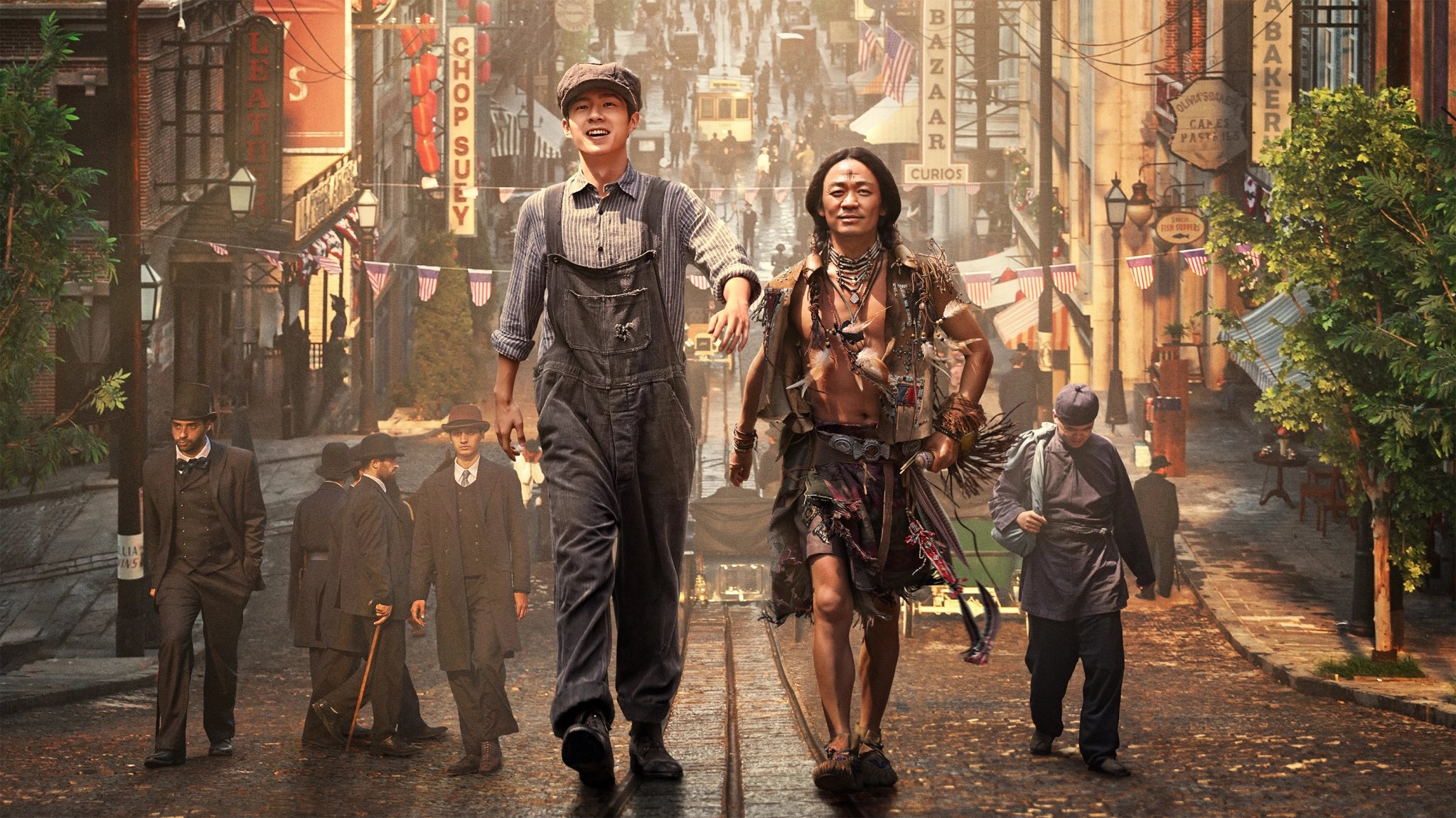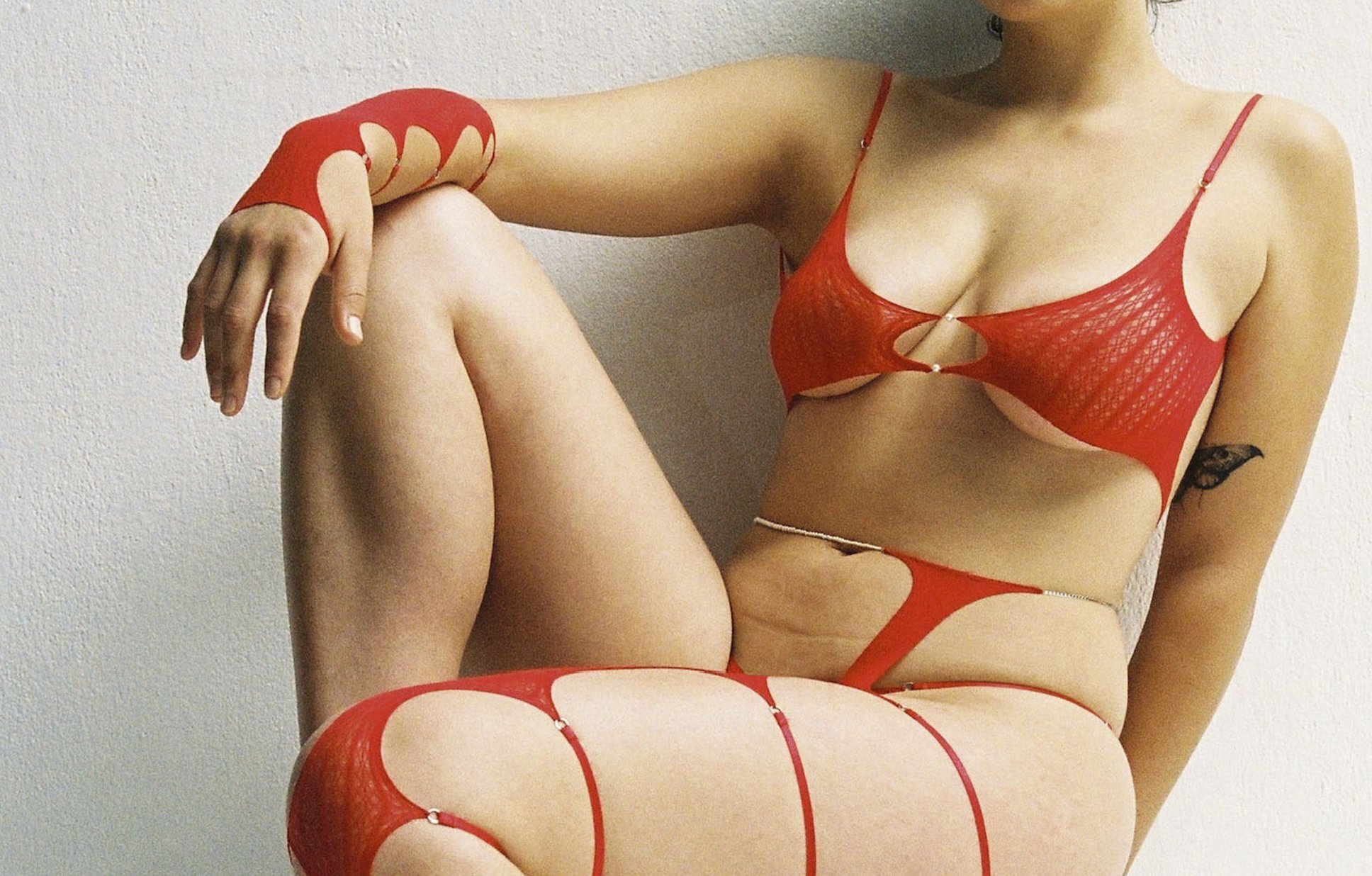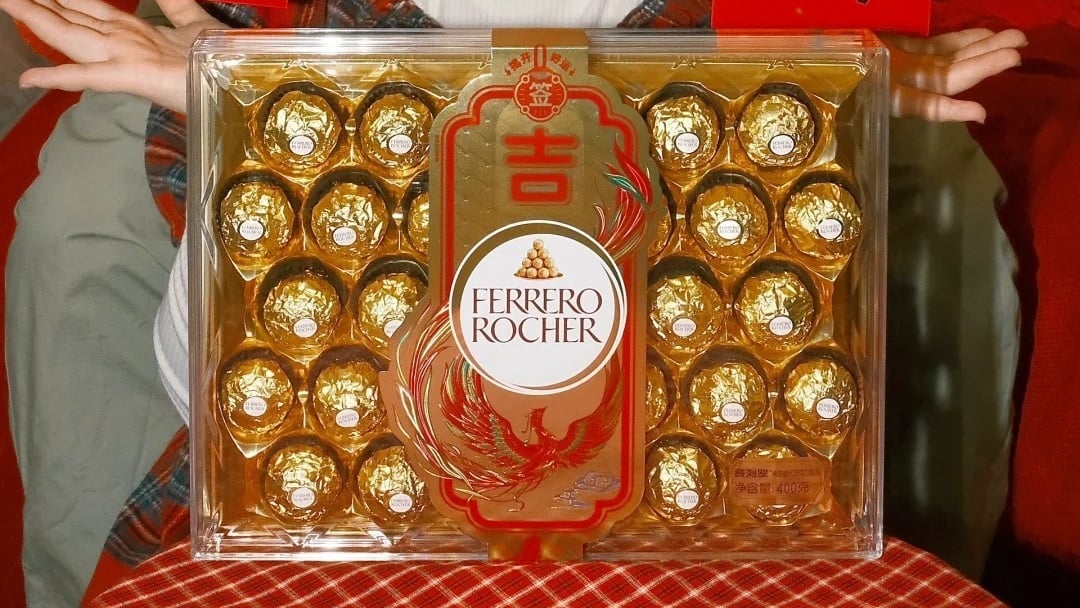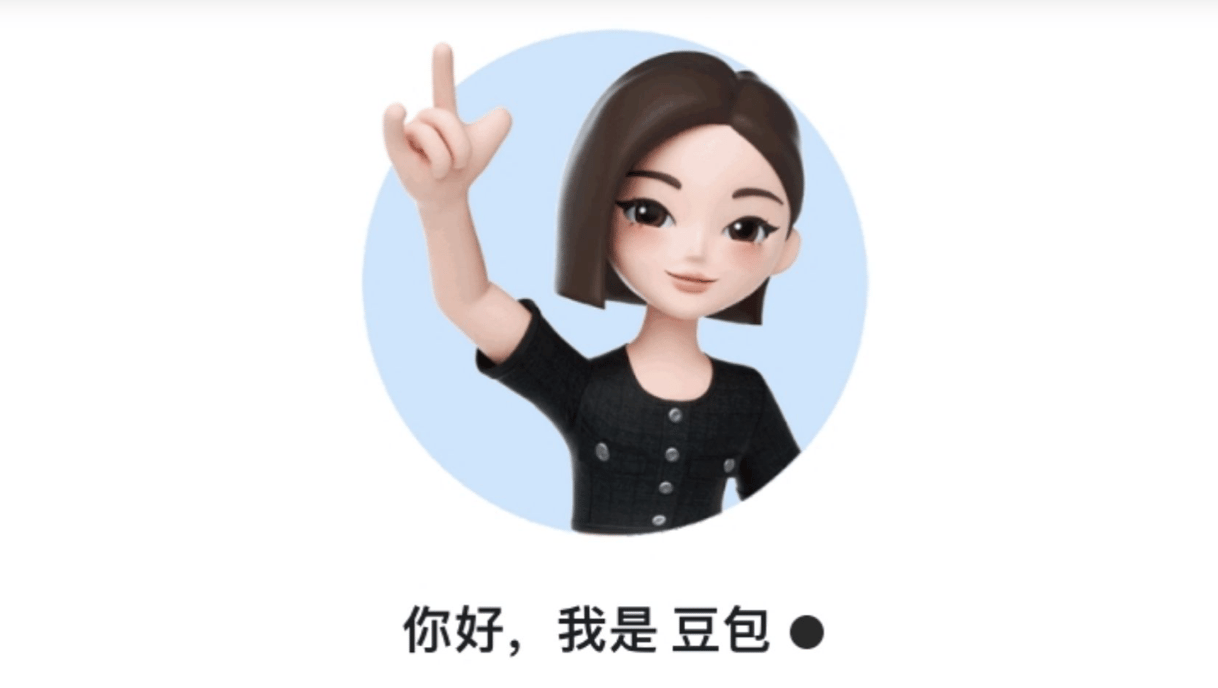The 1997 film Titanic, about a romance aboard the doomed RMS Titanic, remains one of the Chinese web’s most-searched-for films almost 25 years after its initial release, according to a list of the 30 most popular films compiled by search engine Baidu.
The film, which stars Leonardo DiCaprio and Kate Winslet, is the oldest on the list, where it ranks 15th.

Evidence of the hit film’s continued popularity in China abounds: There are still new posts about Titanic going up daily on the Chinese microblogging platform Weibo and review aggregator Douban, where the film holds a rating of 9.4/10.
Additionally, the 2012 3-D version of the film grossed a then-record-breaking 67 million USD at the Chinese box office after merely six days of screening.

A life-sized replica of the titular ship has also been under construction at a Southwest China amusement park since 2016, reportedly costing 1 billion RMB (more than 138 million USD) so far. The project’s main backer was allegedly inspired by the Oscar-winning movie.
Titanic director James Cameron even worked with director Arthur Jones and producer Luo Tong to create the 2021 documentary The Six, which chronicles the stories of six Chinese survivors of the tragedy.

The original Titanic is a classic in the U.S., where about 85% of people reported having watched it. However, the film is slightly less enduring in the general Western psyche than it is among Chinese citizens. Case in point: All the films on Rotten Tomatoes’ current list of the 30 most popular movies are from the past two years, with the only exception being Halloween from 2018.
Suo Yabin at the Chinese newspaper People’s Daily theorized in 2012 that the popularity of Titanic was due to the tried-and-true trope of “a poor young man and a rich girl… [which] has a long history in the popular culture of China.”
This sentiment is echoed by some Weibo users, one of whom wrote, “Titanic makes me believe in love forever.”

The film’s theme of sacrifice may also register with many Chinese viewers. Ethnographer James Watson believes that some viewers subconsciously identify Jack’s sacrifice and Rose’s subsequent loss of innocence with the upheaval of the Cultural Revolution.
Notably, Titanic is Communist Party of China-approved: In 2012, former Party Chief Jiang Zemin said he had been moved by the film and recommended it to other members of the Politburo.

Titanic also kick-started Celine Dion’s fame in China. Memorably, she sang the film’s theme song, ‘My Heart Will Go On,’ at the 2013 CCTV New Year’s Gala.
Whether because of its romance, heart-wrenching sacrifice, or Dion’s dulcet tones, one thing remains true: Titanic has found a lasting place for itself in the hearts of Chinese people.
All images via IMDb
